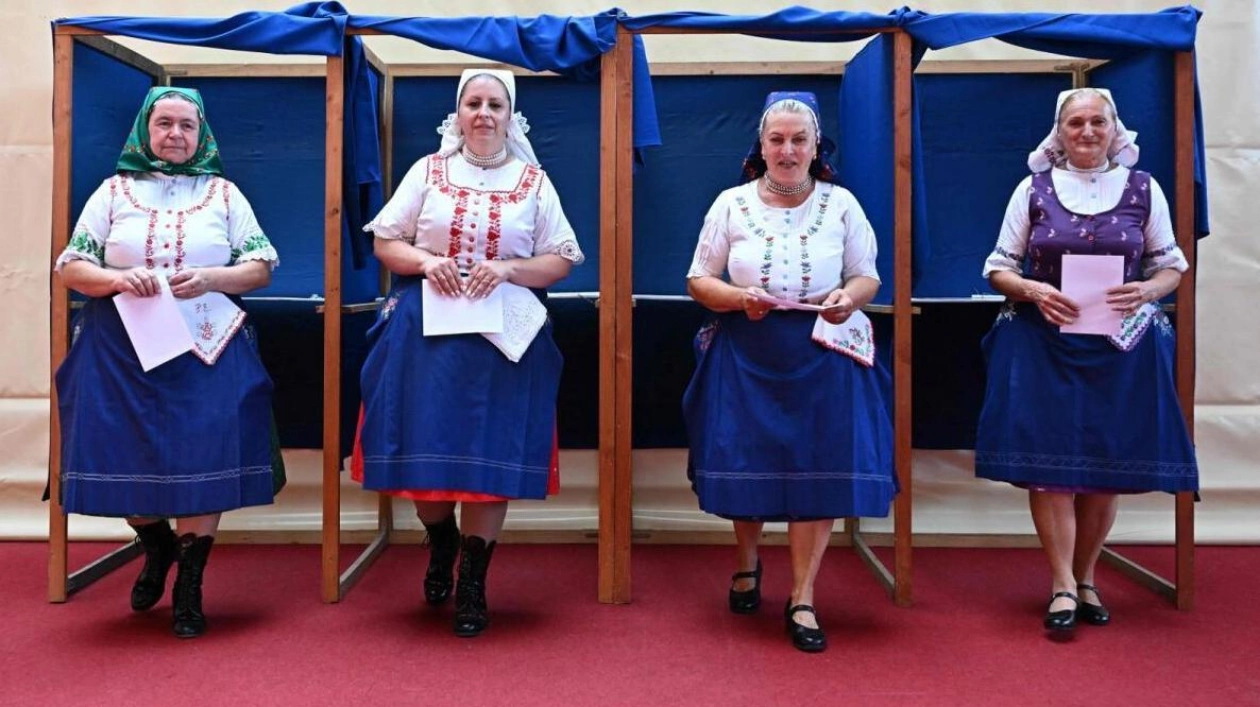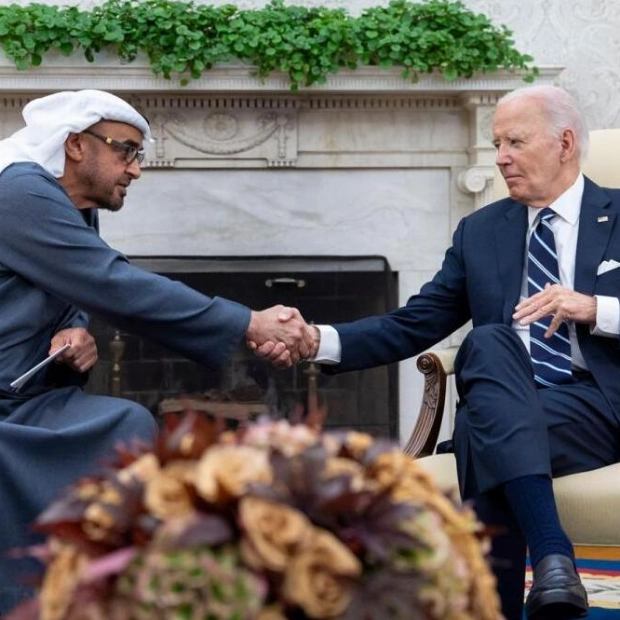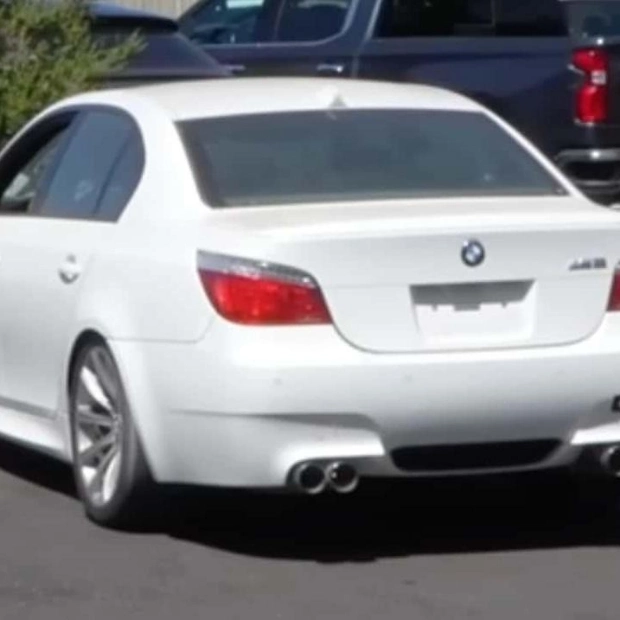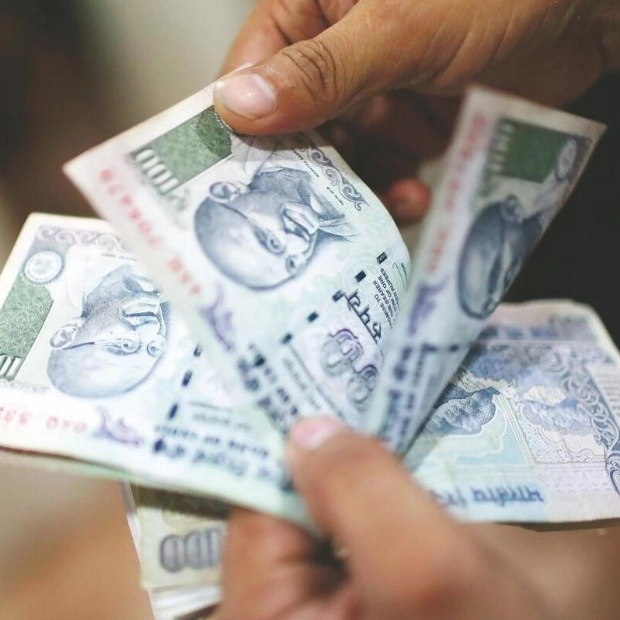On the final day of elections for the EU's parliament, tens of millions of voters from Vilnius to Madrid cast their ballots, with far-right parties anticipating gains. Twenty-one of the 27 EU countries, including France and Germany, participated in the largest voting day to influence the European Union's future direction over the next five years. A voter in Berlin, Tanja Reith, emphasized the importance of advocating for peace and democracy in the current global climate. The election occurs amidst challenges such as Russia's war in Ukraine, global trade tensions, a climate emergency, and potential adaptations to a new Trump presidency. Jaime Bajo, a sports center operator in Madrid, expressed concerns about rising extremist forces in Europe due to uncertainty. Over 360 million people were eligible to vote in the four-day election, though EU poll turnouts are historically low. The next parliament will help determine the leadership of the European Commission, with German conservative Ursula von der Leyen seeking a second term. Despite predictions that centrist parties will retain most of the 720 seats, they are expected to be weakened by a stronger far right pushing towards ultraconservatism. Preliminary results are anticipated late Sunday. European voters, impacted by high living costs and some fearing immigrants as a source of social issues, are increasingly swayed by populist messages. France is a key battleground for competing ideologies, with Marine Le Pen's far-right National Rally expected to outperform President Emmanuel Macron's liberal Renaissance party. In Germany, the election could impact Chancellor Olaf Scholz, with the opposition center-right Christian Democrats leading in polls. In Italy, the far-right ruling Brothers of Italy party of Prime Minister Giorgia Meloni is expected to lead. Voters in EU countries near Russia expressed concerns about security and support for Ukraine. In Hungary, Prime Minister Viktor Orban framed the vote as a choice between peace and war, despite facing domestic challenges. Polling data suggests the center-right EPP will win 173 seats, with the center-left Socialists and Democrats on 143 and the centrist Renew Europe on 75.

Text: Lara Palmer
11.06.2024
Voters across Europe shape the EU's future amidst geopolitical tensions and domestic concerns





